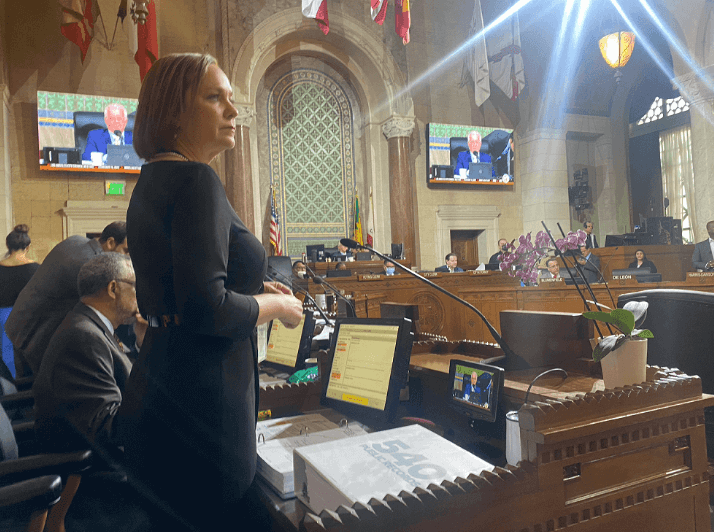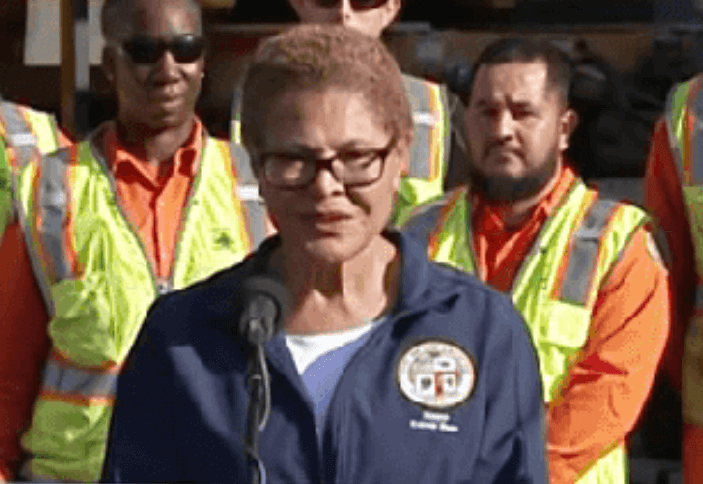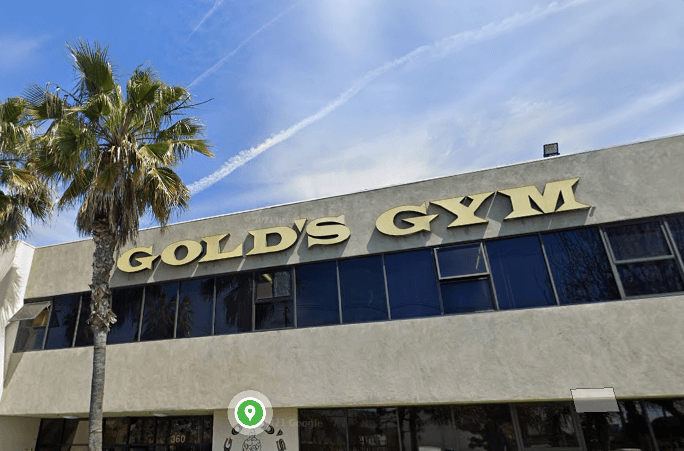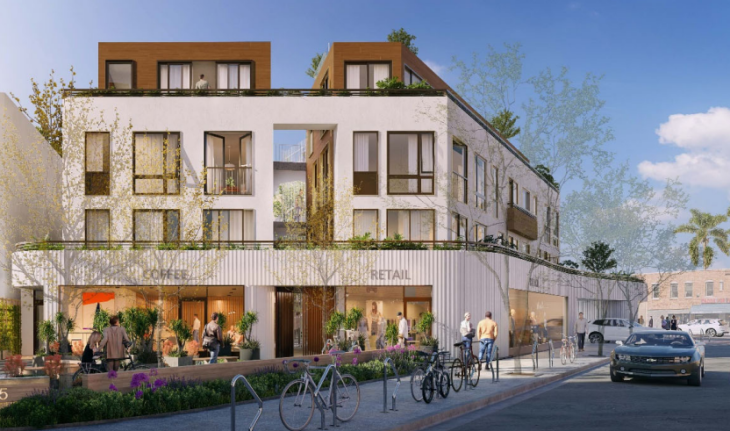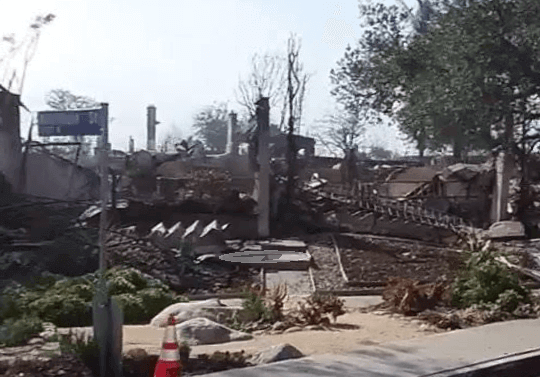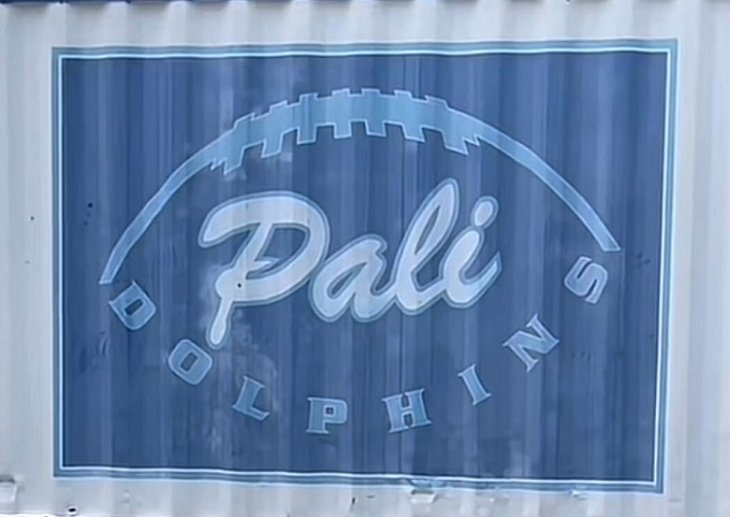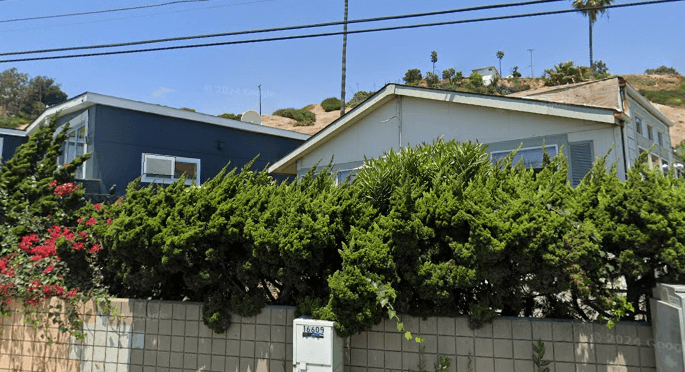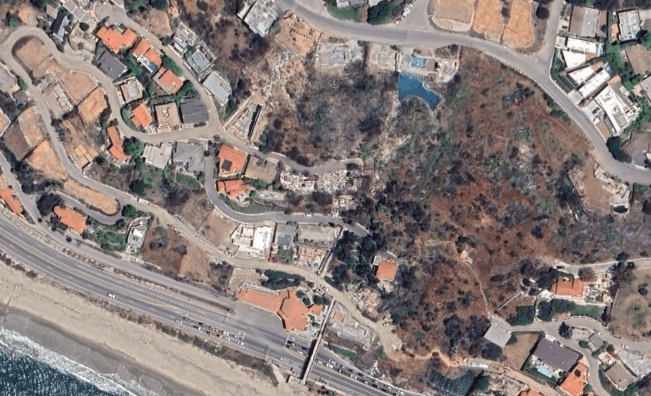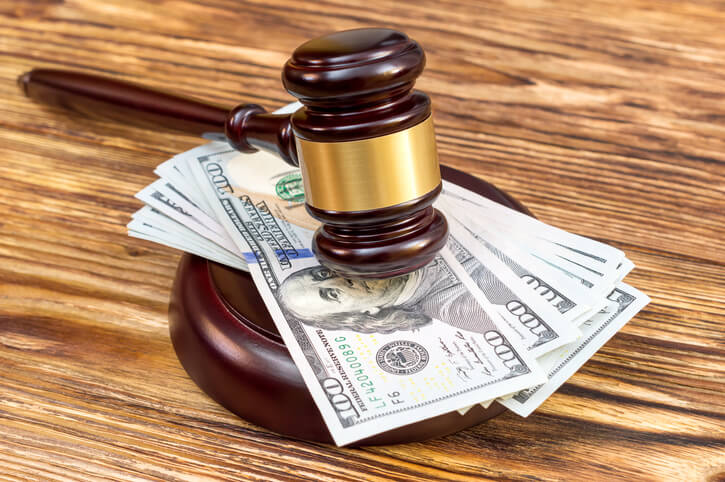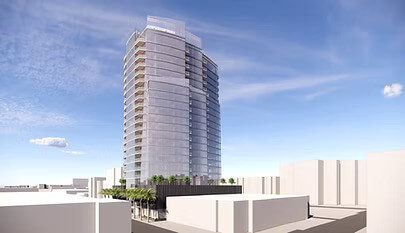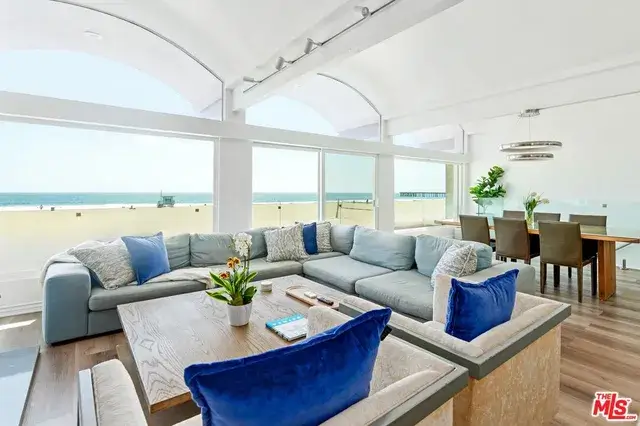Pali leaders warn that SB 9 — a law that allows duplexes and lot splits on single-family parcels — is being used to push dense redevelopment in a hazard zone
Elected officials and community leaders are calling on state and city authorities to halt the implementation of Senate Bill 9 in Pacific Palisades, citing heightened wildfire risks and threats to public safety in the aftermath of January’s devastating fire.
Los Angeles City Councilmember Traci Park and the Pacific Palisades Community Council sent separate letters to Governor Gavin Newsom this week, warning that SB 9 — a California housing law that allows duplexes and lot splits on single-family parcels — is being used by developers to push dense redevelopment in a Very High Fire Hazard Severity Zone still reeling from disaster.
In her letter dated July 28, Park said developers are exploiting emergency recovery measures to rebuild destroyed single-family homes as multi-unit structures under SB 9. “Given that over 5,000 homes were destroyed by the fire, the redevelopment of even a portion of these sites utilizing SB 9 could lead to an unforeseen explosion of density,” she wrote, warning that Pacific Palisades has “limited ingress and egress” and cannot safely support such rapid growth.
The PPCC, in a parallel letter signed by its executive committee, issued a more urgent plea. The group called for an immediate pause on all SB 9 permit approvals in the Palisades until the city completes long-overdue evacuation route analyses required by state law. The community, they said, remains vulnerable to future wildfires, and increased housing density could lead to catastrophic delays in emergency evacuations.
“Residents were forced to abandon their cars and flee on foot during the Palisades Fire — at existing density levels,” the letter said. “We are facing government action that creates exponentially greater public safety risks.”
SB 9 was signed into law in 2021 to address California’s housing crisis by allowing small-scale density increases in traditionally single-family neighborhoods. But Park argues the law was never meant to apply in disaster-stricken areas. “When SB 9 was adopted… it was never intended to capitalize on a horrific disaster,” she wrote.
The PPCC proposed a range of emergency and legislative responses, including temporarily freezing permits, enforcing fire mitigation standards similar to those adopted in other cities, and carving out exemptions for high-risk zones like the Palisades. The group also cited a recent Los Angeles Times investigation that highlighted gaps in the city’s wildfire evacuation planning, despite mandates from AB 747, a state law enacted after the deadly 2018 Camp Fire.
“Time is of the essence,” the PPCC said, noting multiple SB 9 applications are already in process. “The community has suffered enough from the singular, devastating conditions caused by the Palisades Fire.”

